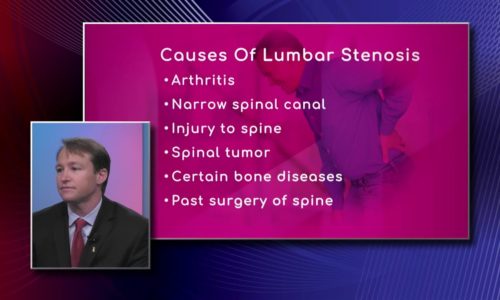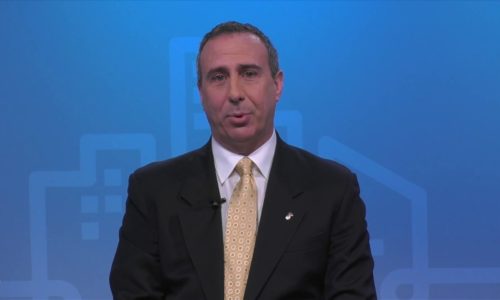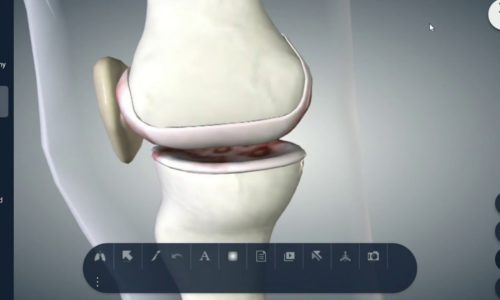Spinal Compression Risk Factors | Health Insiders
Jose Mena, Interventional Spine Specialist at Miami Orthopedics and Sports Medicine Institute, says women are a little more susceptible of suffering from compression fracture, because of the hormonal factors. The bones are being fed up by the hormones, so if those hormones or those chemicals are low in the body they can become a little more susceptible into developing fractures.
Theresa Pazionis, Orthopedic and Spine Surgeon at Miami Cancer Institute, points out smoking is terrible and goes along with malnutrition, so patients who smoke are more prone to be osteoporotic.
Transcript
I wanted to talk more about the compression fracture there’s also other factors that could put you at risk is gender one you can both chime in on Dr. Mena Gender will be one normally unfortunately women are a little more susceptible because of the the hormonal factors normally the bones are being fed up by the hormones so if those hormones or those chemicals are low in the body they can become a little more susceptible into developing fractures and having this all this type of sequelas from the fractures. And Dr. Pazionis how about smoking. So smoking is terrible and can be caused by a host of factors and often times it goes along with malnutrition so patients who do smoke are more prone to be osteoporotic both from both smoking being detrimental but as well as nutritional factors activity factors that can go along with this. And Dr. Mena what about being overweight I’m assuming that’s got to be right up there. Not necessarily well patients who are overweight oftentimes they may be more sedentary but certainly I mean I practice health at every size within my practice so people who are heavier oftentimes will have better bone density all other things being equal if they’re equally active you’re carrying around more weight and all that does predispose to a higher bone density as it were. The problem with being overweight is sometimes that if they’re not active then they can develop problems and they become more sedentary there’s not enough what we call bone remodeling they’re not walking and then the bone doesn’t get the feedback and then they can become a little more susceptible in developing fractures as well.












